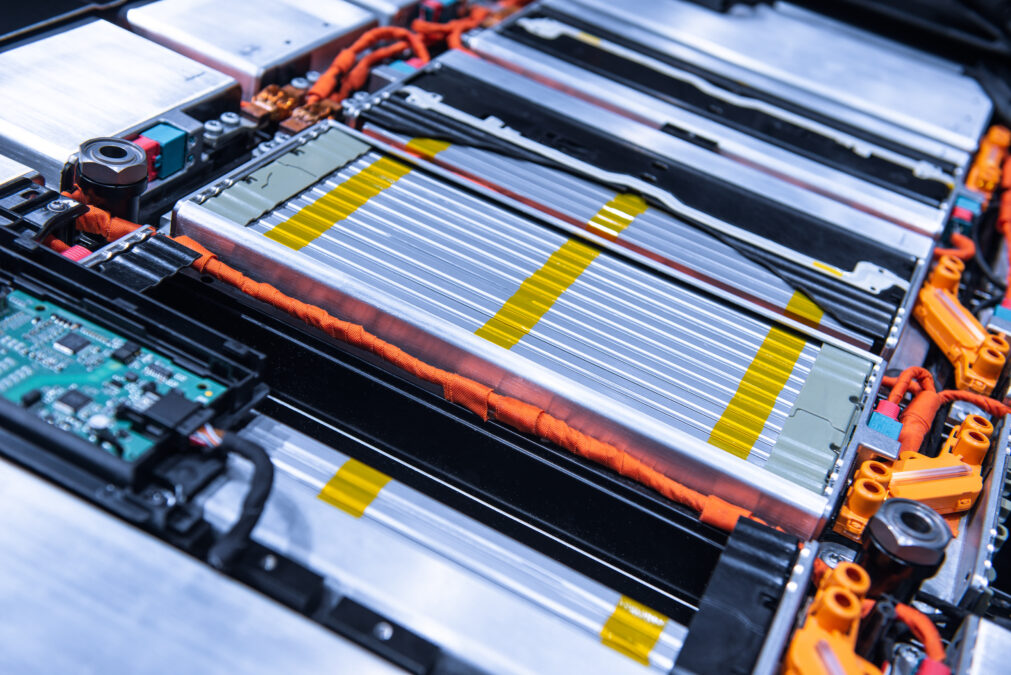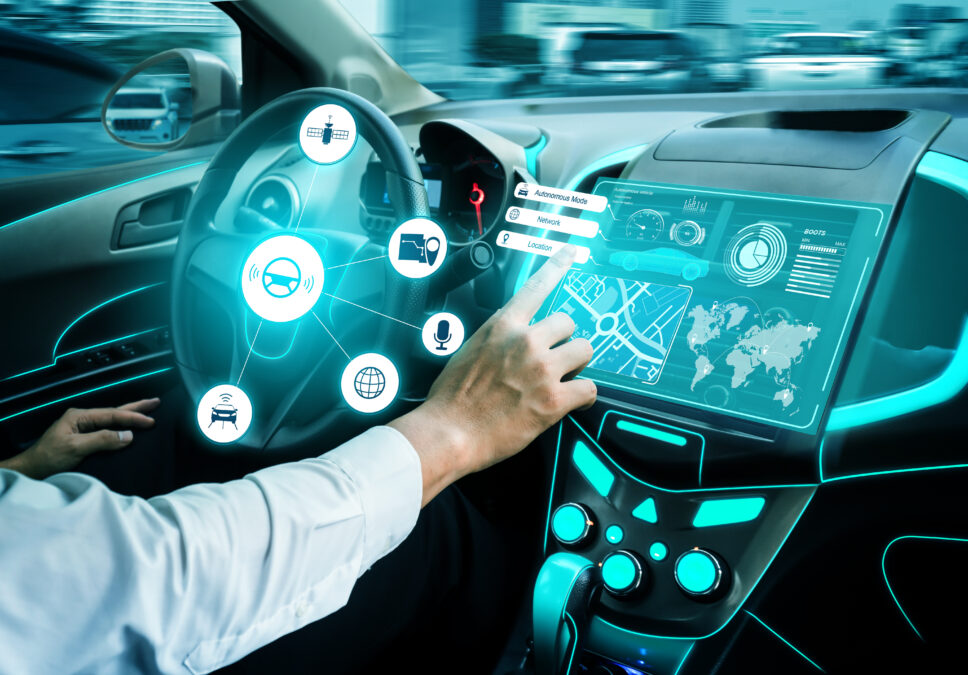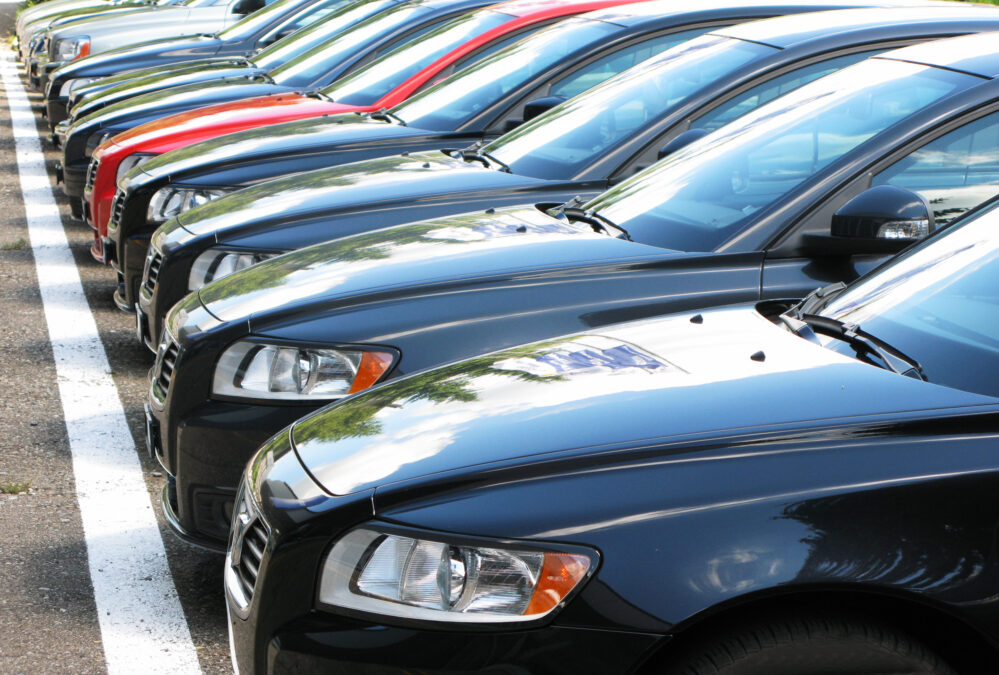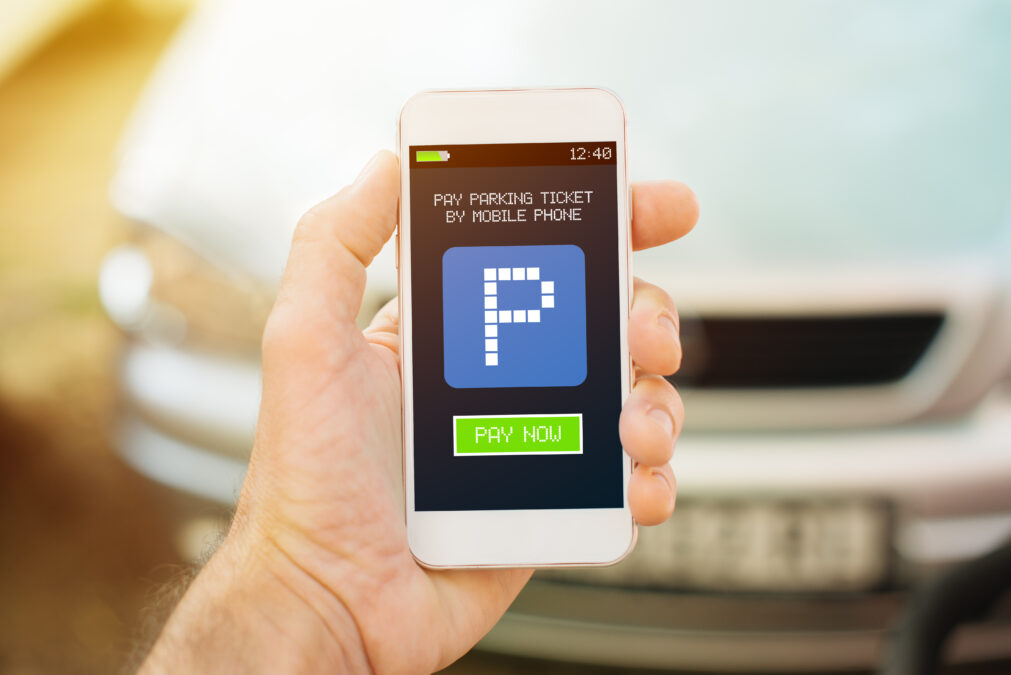When the UK went into its first lockdown and shops closed, there were questions as to whether there would still be an appetite for buying cars. The automotive industry was hit hard by the pandemic, leaving dealerships wondering what car buying behaviour would look like as countries went into a state of isolation. The UK saw car sales plummet by 97% in April last year, the lowest level since the end of the second world war. However, while this clearly presented a huge challenge, it also gave an opportunity to reimagine what buying in the automotive space could look like, with cloud and digital initiatives offering a way to elevate customer communications in a newly virtual world.
Along with buying hesitancy, there was the even greater challenge of how to facilitate the buying process itself, when customers could not come into dealerships to complete a transaction, particularly given stringent processes around financing and purchasing. Despite these downfalls, digitalisation offered the industry alternative routes to sales and the chance to revamp customer engagement and continue fostering meaningful interactions.
This article will explore how digitalisation has helped the automotive industry weather the pandemic storm, including the in-person customer experience, the sales process, and compliant finance transactions.
How to sell mobility online
Customer engagement can be replicated via video, chat and call functions
When it comes to car sales, customer experience is key. Besides seeing the car, buyers need the expertise and reassurance from a friendly representative to help them make the right decision. Since lockdown hit, in-person visits were limited due to social distancing restrictions, which challenged the efficacy of the traditional car buying process. But the industry was able to pivot quickly by using video, chat and call functions to replicate that same customer experience, which in turn helped sales numbers bounce back and kept businesses running.
Organisations like UK retail automotive group Vertu Motors have been able to digitise everything from meeting the dealer, to viewing the vehicle via online channels like video – effectively replicating that relationship building and customer engagement that they had perfected via a more traditional in-person model.
Video is allowing these organisations to do everything as though the customer is sitting in front of them in the dealership, from creating and presenting a deal to customers to working through and explaining finance options. It’s also enabling customers to simply “walk” with the sales teams over to the vehicle to do any checks, giving them confidence to make often significant financial decisions at a distance.
Seamless compliance & payment transactions thanks to digital solutions
Physical paperwork can be laborious and inconvenient to the customer – and was another facet of the car buying experience that the pandemic made more complicated. Yet cloud communications makes it possible to replicate and even improve this with a more seamless experience.
With many dealers and customers completing FCA-compliant finance agreements, it’s not just a case of digitalising the paperwork, but doing so securely. SMS authentication and confirmation is providing a simple and fast way for dealers to meet regulatory requirements in a remote setting, removing the debate over the legitimacy of signatures.
Vertu Motors has sent more than half a million SMS signature messages since their system launched – indicating the success of this digitalisation effort.
How to inspire and empower your remote or hybrid workforce
Digitalisation drives sales, and it is here to stay
Research recently conducted by Twilio shows how spending on digital transformation in the manufacturing and automotive industries globally increased by 44.6% in the pandemic.
Digitalisation has helped automotive organisations to quickly ramp signups to close to pre-COVID levels and to maintain sales volume through the most recent pandemic restrictions across the UK. Without the technology, sales volumes could have been decimated during lockdown periods. On average, since the beginning of the most recent lockdown, Vertu was able to sell almost 3,000 cars a week without requiring customers to come into a dealership ahead of collection.
Industries that have traditionally been face-to-face, including car sales, have successfully joined the digital revolution in the last year. Over eight in ten UK companies (82%) report digital customer engagement to be critically or very important to their success going forward. Arguably, this shows a brighter future for the automotive industry – with businesses able to lean on the sales expertise of their employees, but with the customer experience facilitated and even sped up with the right combination of cloud communications tools.








